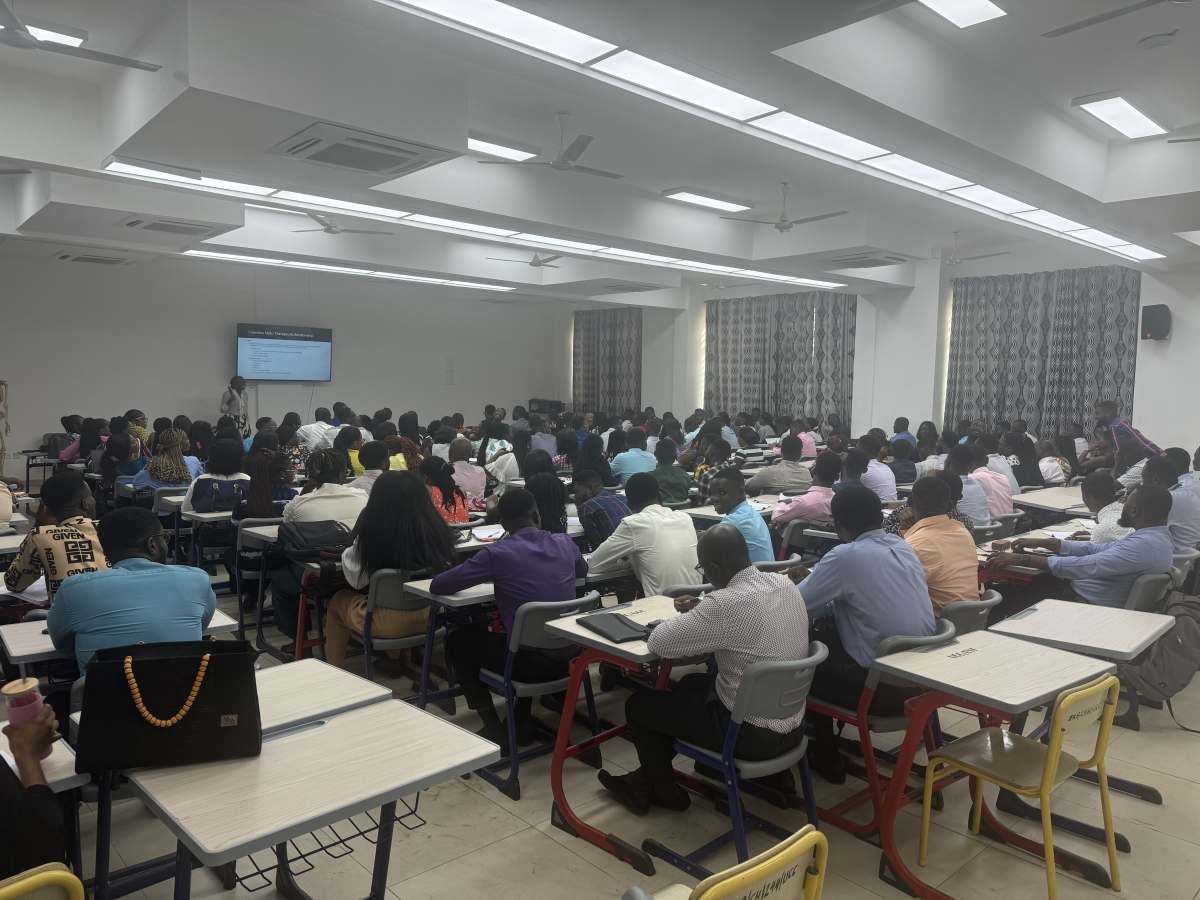In the last couple of years, I have been fortunate to volunteer in Ghana, a place that has contributed to my career choices and current path. During these medical trips, I noted the gap in knowledge, skills, and resources surrounding addiction. This gap has contributed to the existing stigma in the country about mental health. Different studies focusing on different municipalities in Ghana, such as Asante 2014 and 2019, highlight alcohol and cigarette use as the most common substances, with 56.9 and 26.4% use, respectively. 16.2% marijuana use and 7% lifetime amphetamine use in adolescents. Male and employment were significant risk factors. Perception of the illness has been shown as a major contributor to the prevalence of substance use in Ghana. The substance use crisis transcends borders, and the goal of this project is to mitigate the growing crisis by disseminating knowledge to clinicians through teaching at two of the major medical colleges in the country in the Central and Greater Accra Regions.
The targeted populations include medical students and residents. Disseminating information to medical students and residents will amplify the mobilization force, which will educate patients, families, pharmacists, and local drugstore attendants, where studies have shown youth acquire their substances. WHO reported in 2020, that only 7% of published literature was focused on mental health. The efforts will be measured with assessments, and results may be published and serve as a model for other areas across the globe, especially resource-limited nations.
I expect this project to add to the existing efforts of the few psychiatrists and ever fewer addiction-trained professionals in the country. In 2020, the WHO reported there were 10.32 governmental mental health human resources per 100,000 population; this included 39 psychiatrists, 49 medical doctors (non-psychiatrists), 244 psychologists, 2463 mental health nurses, and 362 social workers, among other professionals in the country. Beyond my hopes of increasing awareness and knowledge about mental health, I hope to build capacity and spark the interest of medical students and residents in the field of psychiatry to help decrease the nation’s mental health burden. As I have stayed in touch and return to Ghana annually, my goal is for this project to continue even in my absence.








My recent journey to Ghana and Nigeria, which aimed to promote mental health education and capacity building in areas with inadequate resources, facilities, and clinicians, was energizing and profound. Training health professionals, delivering lectures, mentoring, and working together on clinical care and research were among the many activities that took place throughout the trip.
To increase mental health literacy, I led lectures that gave local healthcare professionals the knowledge and self-assurance they needed to impart mental health concepts and care to others. I gave lectures on comprehensive psychiatric assessments, identifying mental health conditions, particularly substance use disorders, making accurate diagnoses, and implementing evidence-based treatments to medical students, residents, and practicing clinicians. I collaborated with local colleagues on research initiatives aimed at addressing region-specific mental health issues and gathering data to guide future policies. I participated in ward rounds, sharing clinical views, addressing patient cases, and demonstrating approaches to compassionate and effective treatment. As part of community-based activities, I participated in medical outreach programs that provided mental health treatments to underprivileged communities, such as substance abuse education and coping skills.
This trip has had a real impact in these areas, where mental health resources are rare. The ongoing collaboration creates capacity and maintains sustainability by sharing knowledge within the community. Medical students and residents had higher confidence in doing psychiatric evaluations and managing patients with mental health issues. These measures are helping to close the mental health care gap in Ghana and Nigeria by enhancing access and developing a larger workforce capable of addressing mental health needs. It was an honor to collaborate with such dedicated professionals and contribute to the expanding field of global mental health.